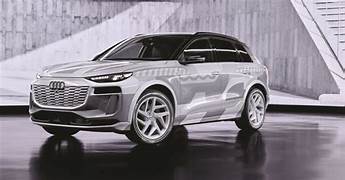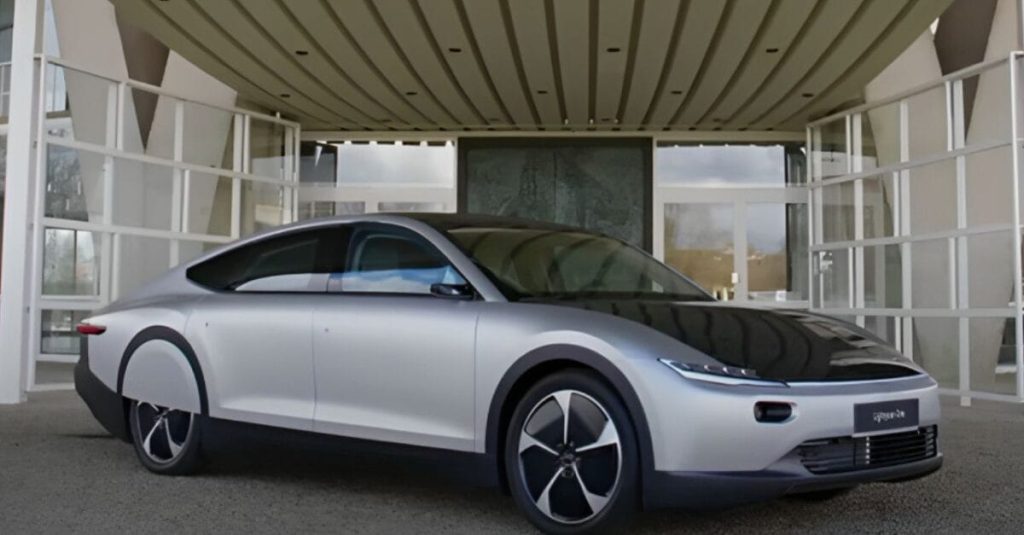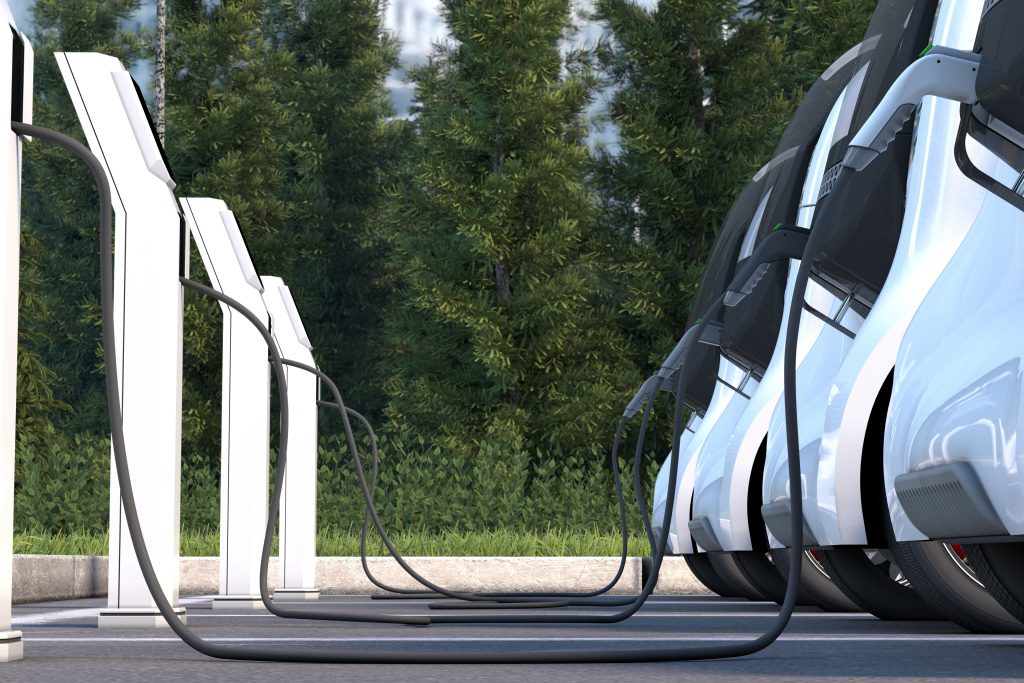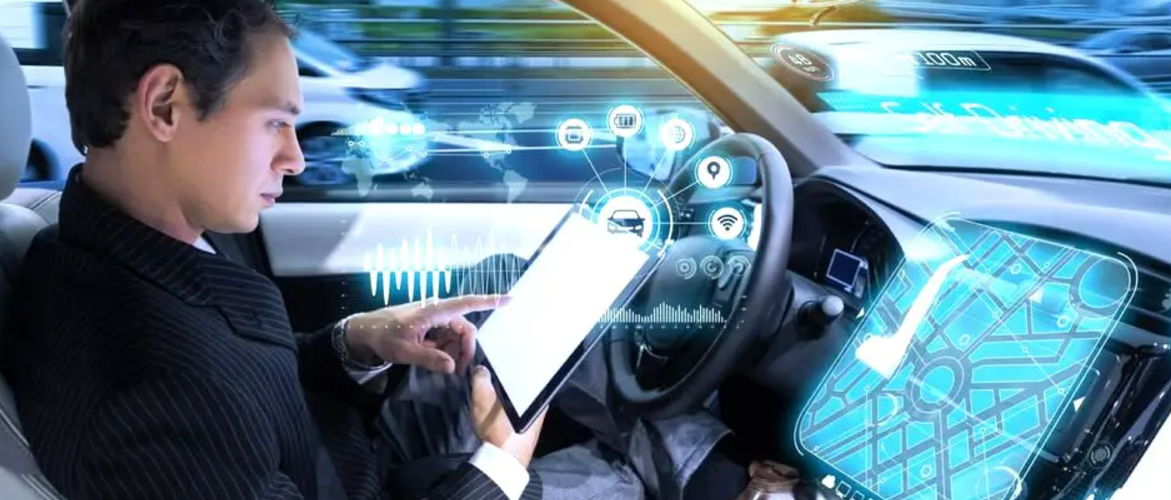In 2024, electric vehicles (EVs) will become a common sight on roads worldwide, reflecting a significant shift in consumer preferences towards more sustainable transportation. This transformation is driven by several factors, including affordability, performance enhancements, environmental benefits, and robust government support. Below, we explore the reasons behind the dominance of electric cars in 2024.

1. Electric Cars Are More Affordable
The affordability of electric cars has dramatically improved, making them accessible to a broader audience.
Lower Purchase Costs
Advancements in battery technology and mass production have significantly reduced the prices of EVs. Major manufacturers like Tesla, Nissan, and Hyundai now offer competitively priced electric models that rival traditional gas-powered vehicles.
Lower Running Costs
Electric cars are also cheaper to operate and maintain. With fewer moving parts compared to internal combustion engines, EVs require less maintenance and incur lower repair costs. Additionally, charging an electric vehicle is generally less expensive than refueling a gas-powered car. Many charging stations offer free or low-cost electricity, and homeowners can further reduce costs by using renewable energy sources like solar power.
2. Enhanced Performance and Range
Modern electric vehicles provide impressive performance and range that appeal to a wide range of drivers.
Improved Battery Technology
As of 2024, most electric cars boast ranges between 300 and 400 miles on a single charge, with some models exceeding this benchmark. Fast-charging technology has also advanced, allowing drivers to recharge their vehicles to 80% capacity in as little as 20 minutes.
Smooth and Quiet Driving Experience
Electric cars offer instant torque for quick acceleration and a quieter ride compared to traditional vehicles. This smooth driving experience is increasingly appealing to consumers.
Diverse Model Availability
The market now features a variety of electric vehicles catering to different preferences—from compact city cars to spacious SUVs and luxury sedans—ensuring there’s an option for everyone

3. Environmental Benefits
The environmental advantages of electric vehicles are significant contributors to their popularity.
Zero Tailpipe Emissions
EVs produce no harmful emissions from their tailpipes, helping to improve air quality in urban areas and combat climate change.
Renewable Energy Integration
Many EV owners charge their vehicles using renewable energy sources like solar or wind power, further reducing their carbon footprint. Governments are also investing in solar-powered charging stations to enhance the eco-friendliness of electric transportation.
Reducing Fossil Fuel Dependence
By transitioning to electric vehicles, society can decrease its reliance on fossil fuels, contributing to global efforts to mitigate climate change.
4. Government Support and Incentives
Government initiatives play a crucial role in promoting the adoption of electric vehicles.
Subsidies and Tax Breaks
Many countries offer financial incentives such as subsidies and tax breaks for purchasing electric cars. These programs make EVs more affordable for consumers.
Charging Infrastructure Development
Governments are actively investing in charging infrastructure, with thousands of public charging stations now available to support EV users on the go.
Bans on Gas-Powered Vehicles
Some regions have announced plans to phase out the sale of new gas-powered cars in the coming years, prompting consumers to consider electric options sooner rather than later.

5. Rising Awareness and Changing Attitudes
Public awareness about climate change and sustainability has increased significantly.
Corporate Influence
Many businesses are transitioning their fleets to electric vehicles for deliveries and transportation, showcasing their commitment to sustainability and encouraging customers to consider EVs.
Youth Engagement
Younger generations prioritize sustainability and are more enthusiastic about adopting new technologies. As they enter the car-buying market, their preferences are driving demand for electric vehicles.
6. Challenges and Solutions
Despite their advantages, electric cars face challenges that need addressing:
Battery Recycling Initiatives
Efforts are underway to develop effective recycling systems for EV batteries to minimize environmental impact.
Expanding Charging Availability
While charging stations are becoming more prevalent, some areas still lack sufficient infrastructure. Collaborative efforts between governments and private companies aim to enhance access in underserved regions.
In 2024, the dominance of electric cars on roads can be attributed to their affordability, enhanced performance, environmental benefits, government support, and changing consumer attitudes. As technology continues to advance and societal awareness grows, electric vehicles are set to play a pivotal role in creating a sustainable future.
This shift towards electrification is not merely a trend; it represents a fundamental transformation in transportation that promises cleaner air and reduced greenhouse gas emissions for generations to come. With ongoing innovation and collaboration across sectors, the future of mobility is undoubtedly electric.
Explore “The role of AI inventions in business and industry,” where innovative technologies streamline operations, enhance decision-making, and boost productivity. From automation to data analysis, AI is transforming how companies operate and compete in today’s fast-paced market landscape.






